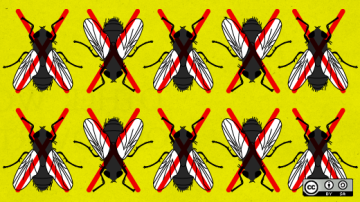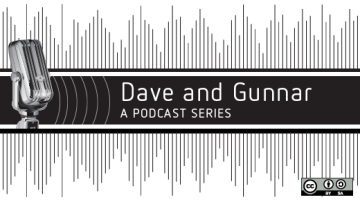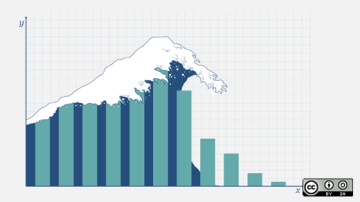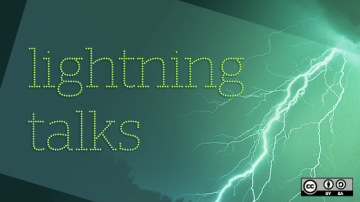
I'm the Chief Strategist for Red Hat's US Public Sector group, where I work with systems integrators and government agencies to encourage the use of open source software in government. I'm a founder of Open Source for America, one of Federal Computer Week's Fed 100 for 2010, and I've been voted one of the FedScoop 50 for industry leadership. I'm a member of the Military Open Source working group, the SIIA Software Division Board, the Board of Directors for the Public Sector Innovation Group, the Open Technology Fund Advisory Council, and New America's California Civic Innovation Project Advisory Council. I perk up when people talk about cross-domain security, edge innovation, and interagency collaboration through the open source model. I'm also co-host of the Dave and Gunnar Show. Prior to joining Red Hat, I worked as a developer, systems administrator, and IT director for a series of internet businesses. I've also been a business and IT consultant to not-for-profit organizations in New York City. During that time, I spearheaded the reform of safety regulations for New York State's electrical utilities following the tragic death of Jodie Lane.When I'm not spreading the Good News about open source, I'm wishing I had a dogenjoying time with my dog and my wife.







Authored Comments
I think you'd both enjoy <a href="https://mitpress.mit.edu/books/comingled-code">Commingled Code</a> by Josh Lerner and Mark Schankerman. The research was funded by Microsoft, which is problematic, but it raises some interesting questions about open source mandates.
A timely update from Creative Commons on the future of the -ND licenses:
https://creativecommons.org/weblog/entry/35773